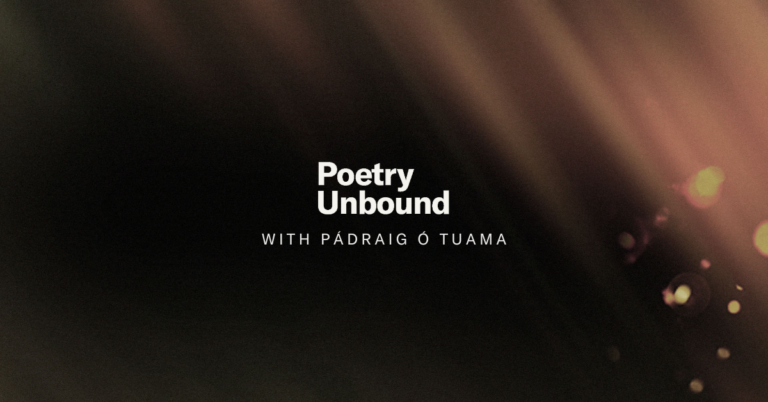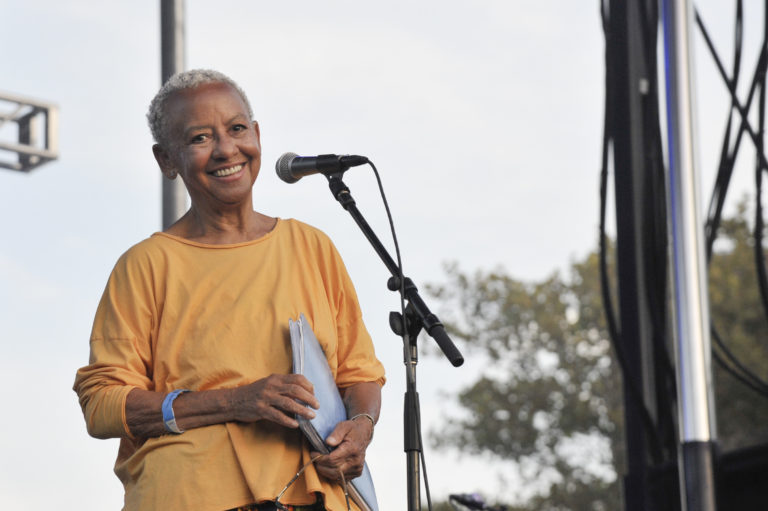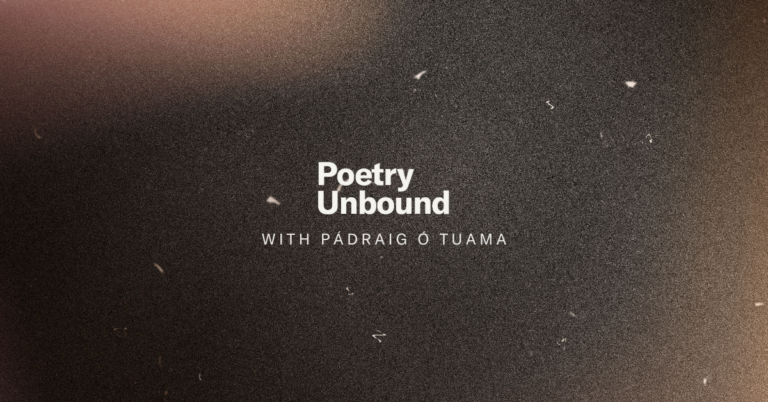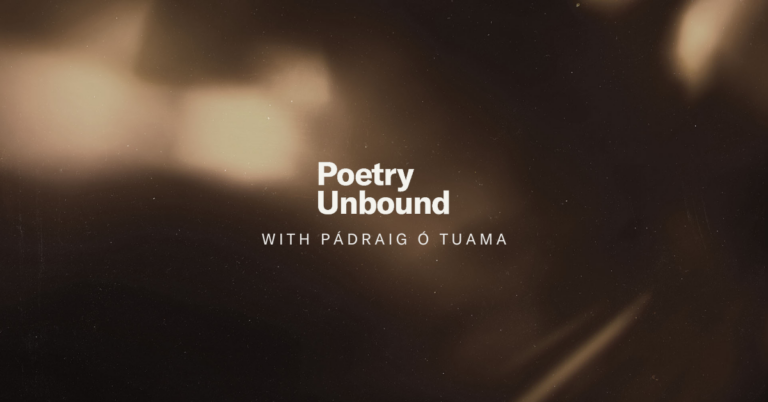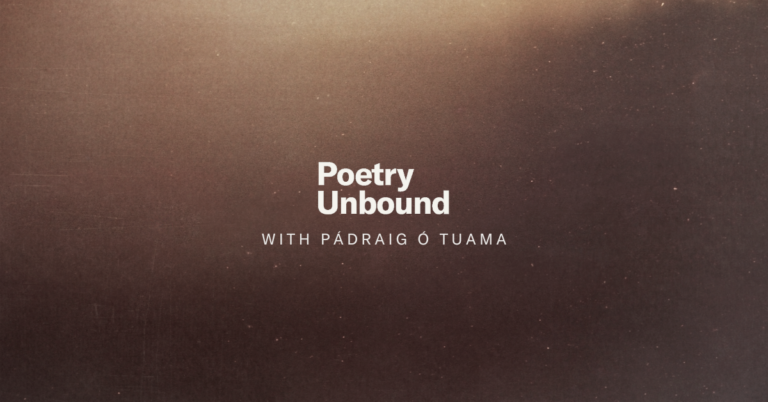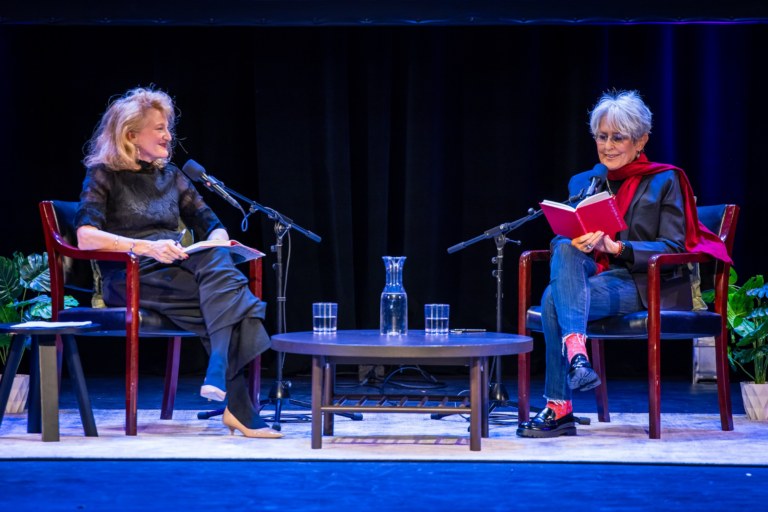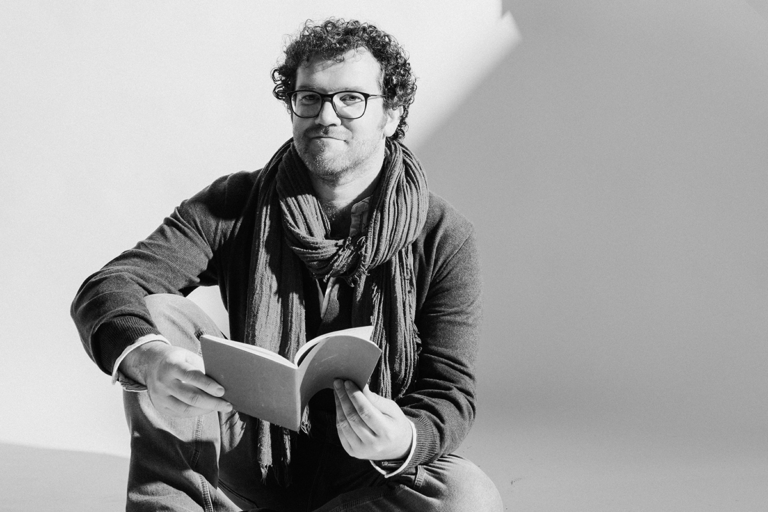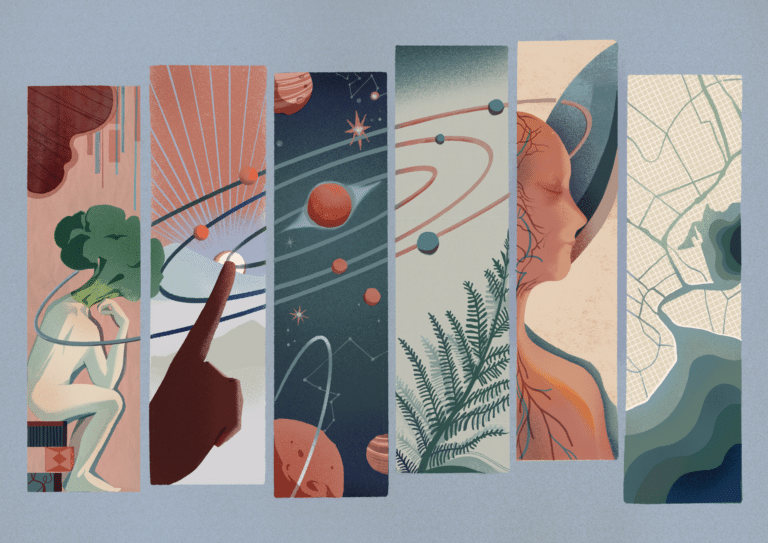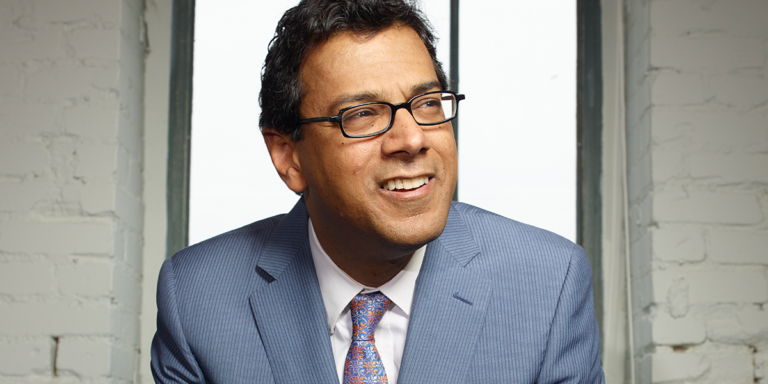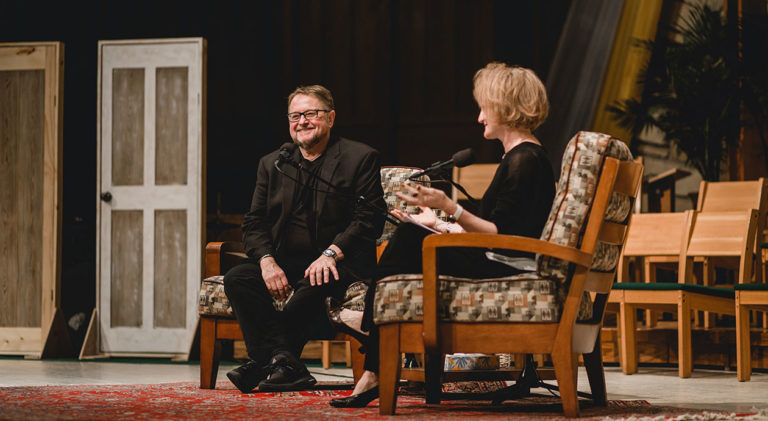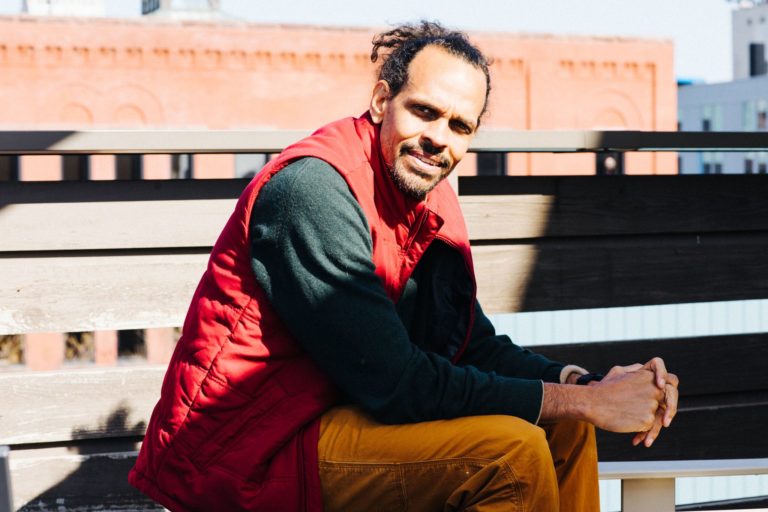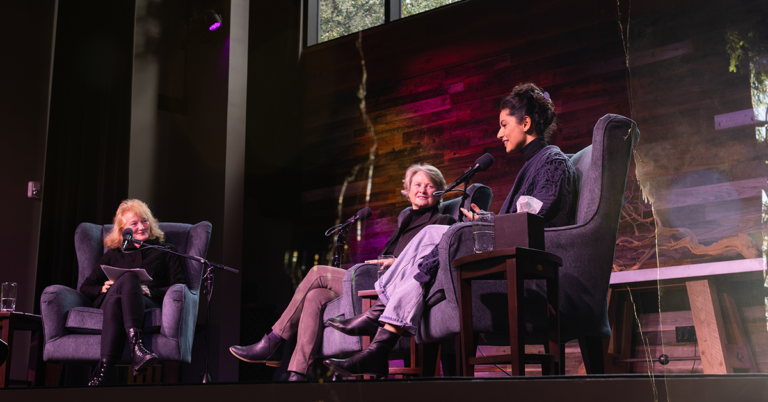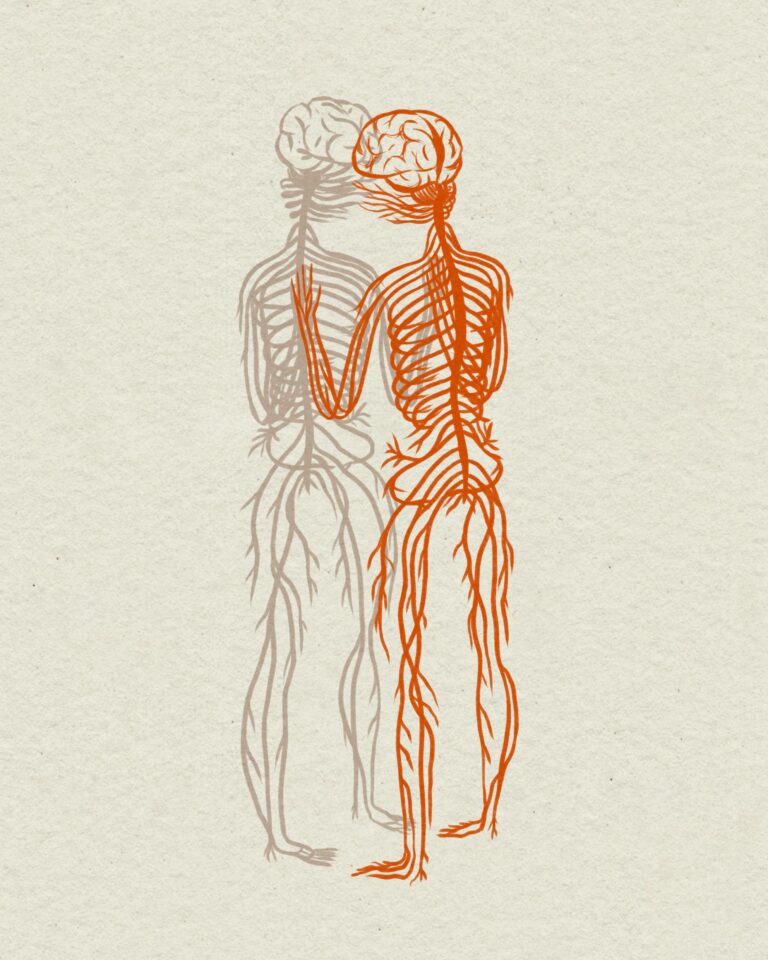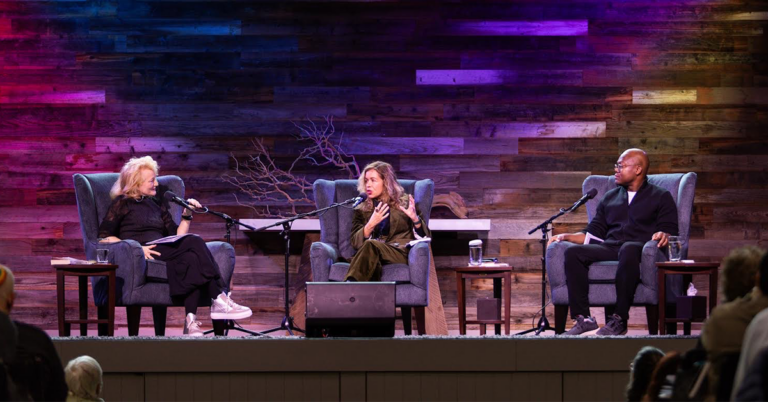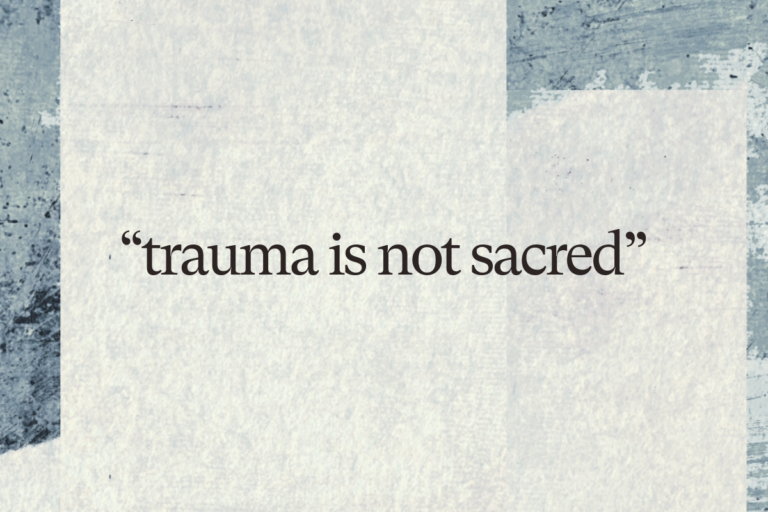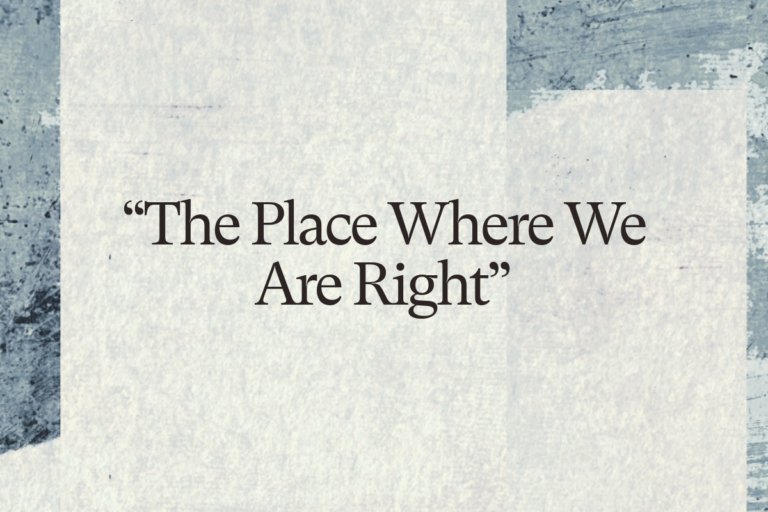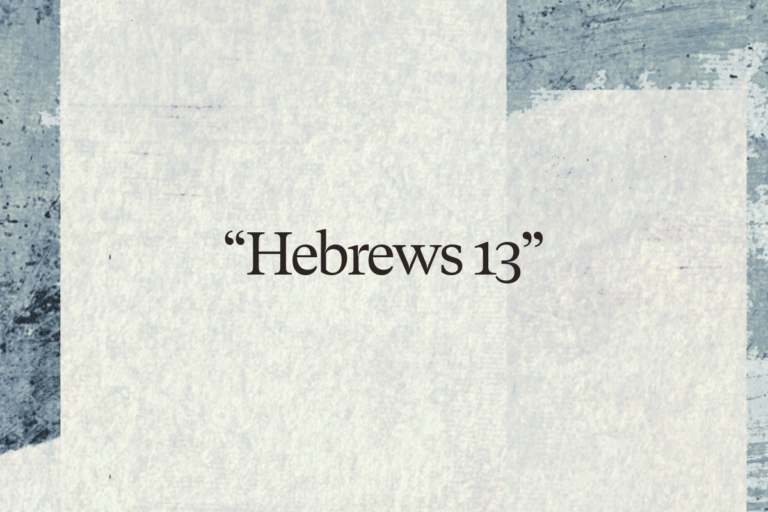In Richard Langston’s poem “Hill walk,” he proffers a handful of things that move us over the course of a day — words said or read, notes played, the sight of halting steps taken by a sibling. We marvel at the sound of an unfamiliar bird call, but there’s a startling mystery to the human heart and what it responds to (or doesn’t) and one that we don’t always mark.
We’re pleased to offer Richard Langston’s poem and invite you to subscribe to Pádraig’s weekly Poetry Unbound Substack newsletter, read the Poetry Unbound book, or listen to past episodes of the podcast. We also have two books coming out in early 2025 — Kitchen Hymns (new poems from Pádraig) and 44 Poems on Being with Each Other (new essays by Pádraig). You can pre-order them wherever you buy books.


